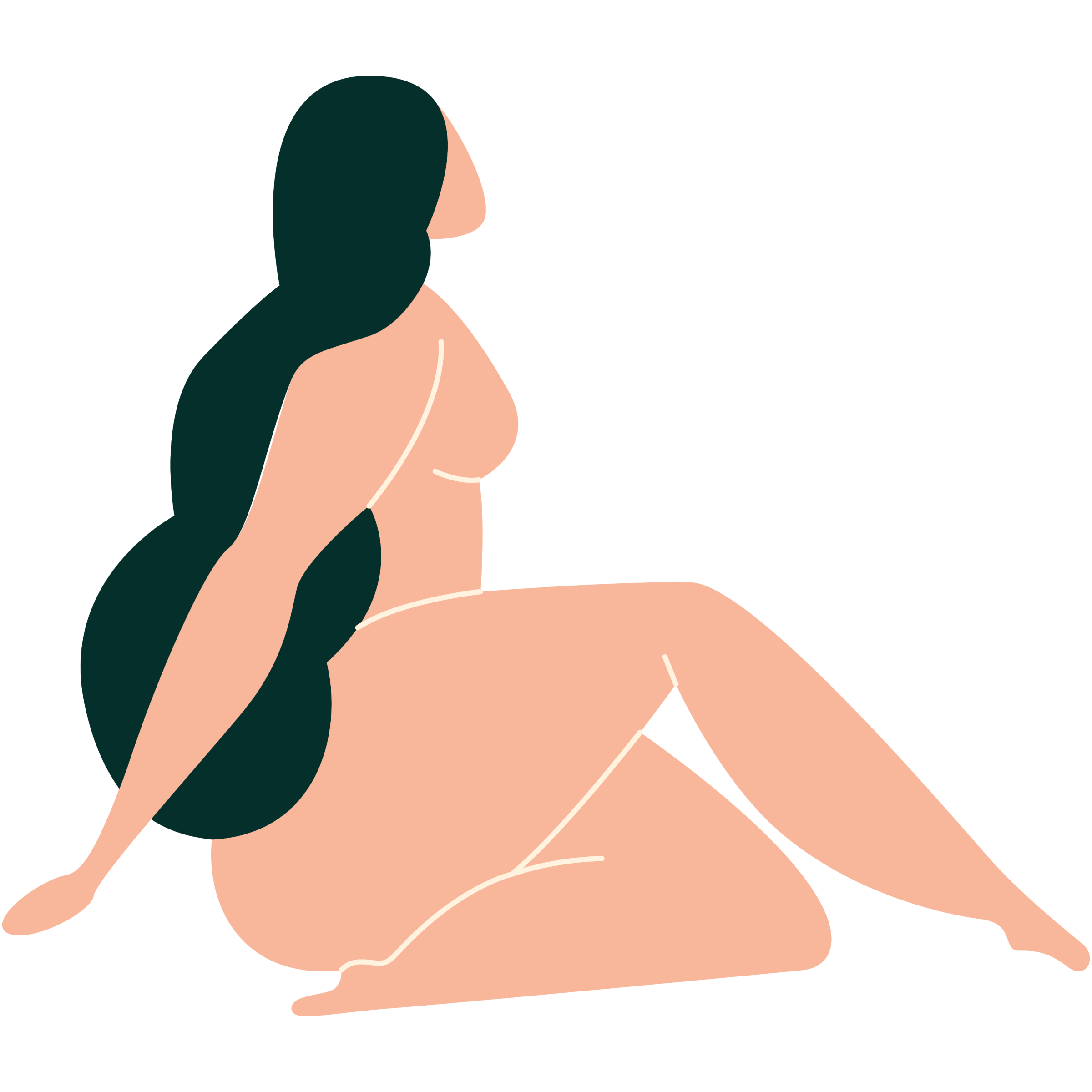
Body
Get to know your body through a better understanding of your anatomy and find the answers to some of your most common questions.

Suffering from vaginismus can be a scary and confusing experience. The inability to have intercourse, to consummate a marriage, to insert a tampon, to have a gynecological exam, or to have control over your own body can be disempowering and frightening.
If this has been your journey, know that you are not alone. Keep reading to learn more about this condition.
Vaginismus is a recurrent or persistent involuntary spasm of the vaginal muscles, which interferes with sexual intercourse, making penetration difficult or painful for women. While it manifests as a physical symptom, it’s a psychological condition linked to a fear of penetration.
If sex was portrayed negatively during our childhood (this includes being told it's dirty, shameful, or painful), these beliefs can become internalized, leading us to consciously or subconsciously fear the experience.
As a result, our body can tense up during penetration, to the point where sex becomes unbearable. This can happen regardless of how we feel towards our partner, and we can't expect these feelings and beliefs to disappear at the flip of a switch.
There are two main types of vaginismus: primary and secondary.
Primary: Occurs when a woman experiences pain with every attempt at penetration.
Secondary: Occurs when a woman has had painless intercourse before, but then it becomes difficult or impossible.
One thing to remember is that there is function behind dysfunction, meaning that there is a reason the body develops dysfunctions like vaginismus: your body thinks that it is protecting you. It's trying to keep you safe. This can be because of an experience you've had or the messaging you received around sex from a young age.
You could also develop vaginismus for any of the following reasons:
Part of the journey of healing from vaginismus is not only physical; it's also about teaching your body that it is safe, that this defense mechanism no longer serves you, and that it is time to let it go.
Vaginismus is treatable and the success rates are high. There are various treatment options available depending on your situation, ranging from pelvic physical therapy to psychotherapy, medical treatment, or a combination of methods. We urge you to reach out for professional support from a sexologist or therapist.
We’ll be dedicating a resource to explore the different kinds of vaginismus treatment. Create an account to stay up-to-date.
If you're grappling with pain during sex but aren’t sure if it's vaginismus, explore this resource that delves into potential physiological and psychological factors that may contribute to painful intercourse. Remember, seeking support and understanding is a crucial step towards reclaiming control over your sexual health.

This article has been medically reviewed by the WISH Program at AUBMC.
The Women Integrated Sexual Health (WISH) Program at the American University in Beirut Medical Center (AUBMC) is a program dedicated to empower, educate, and heal through addressing the multifaceted aspects of sexuality and sexual and reproductive health and rights.
Did you find the answer you were looking for? Is there something we missed? What did you think of this resource? We want to hear from you.
